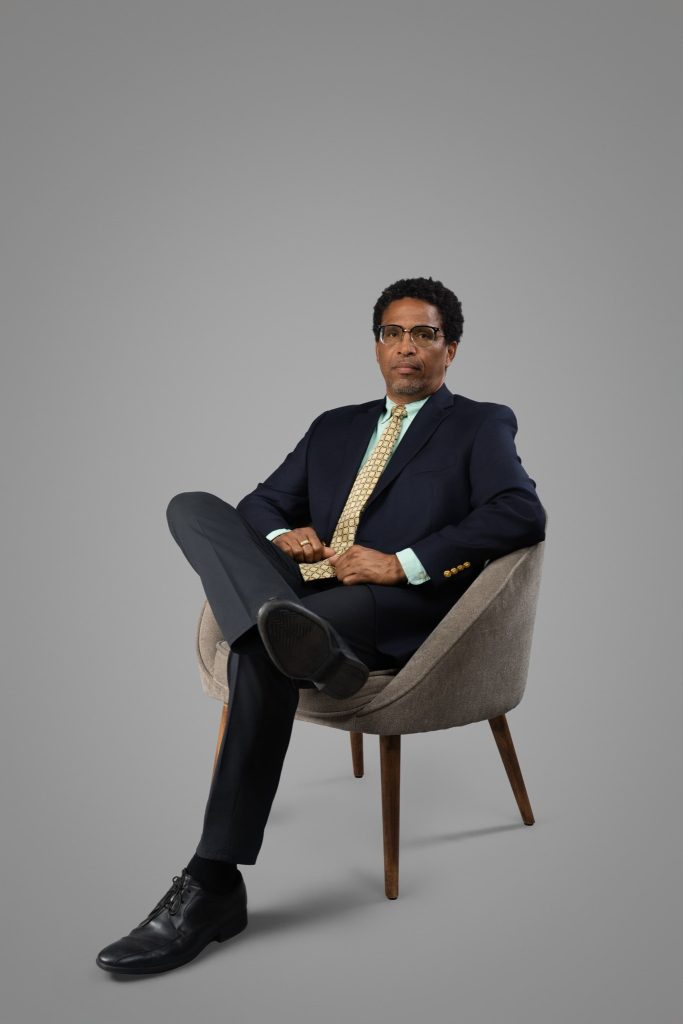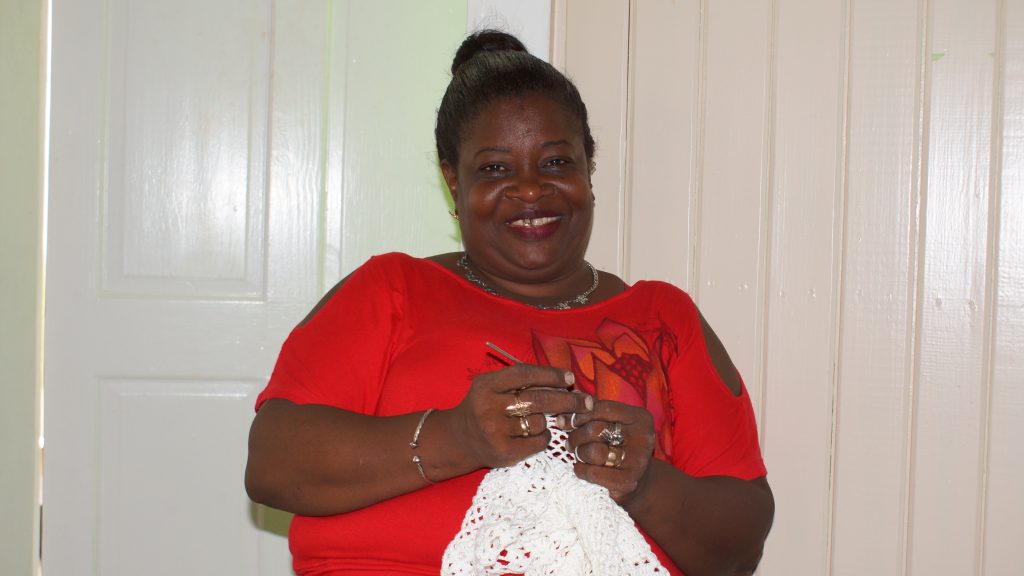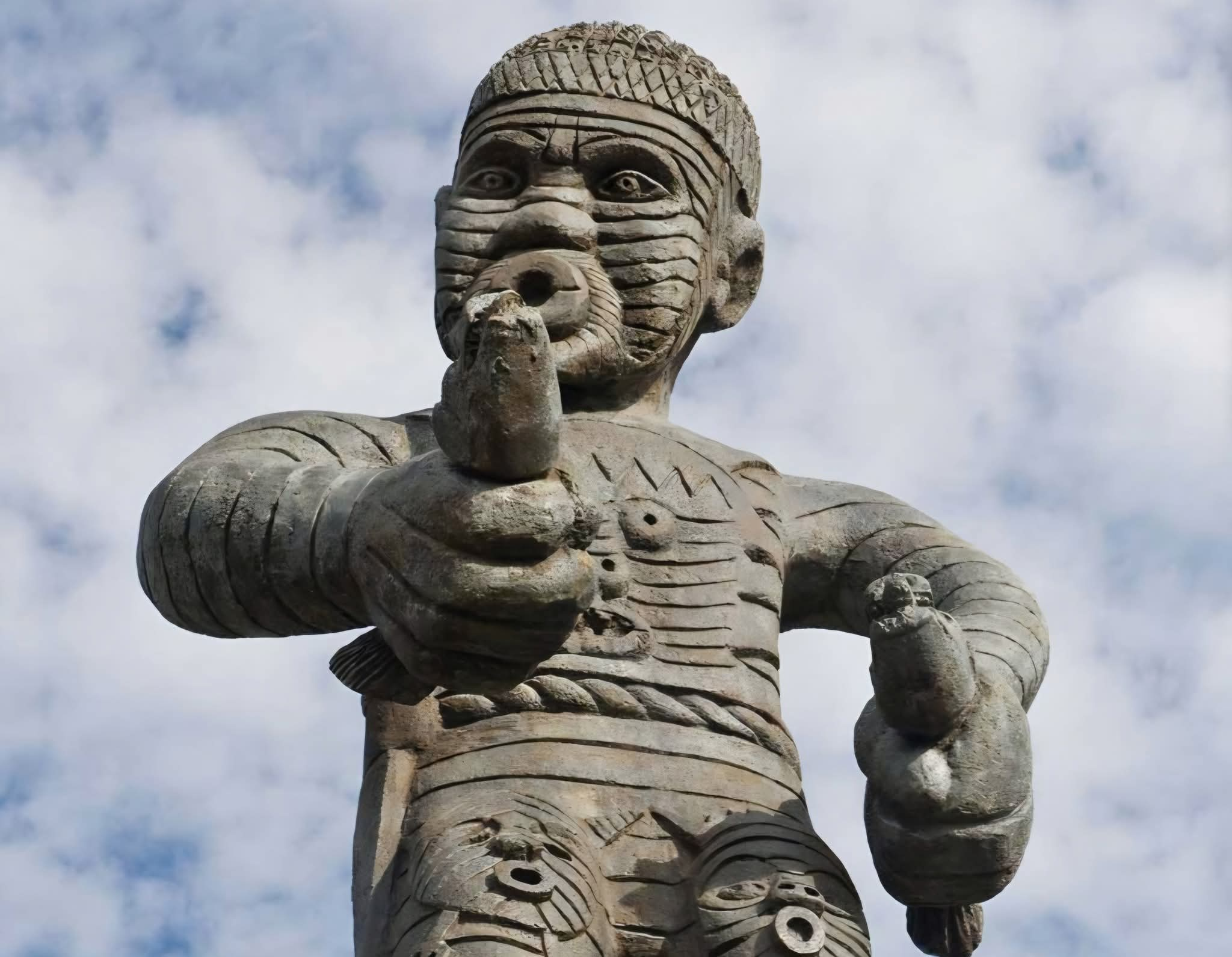Guyana cannot claim to be “One People, One Nation, One Destiny” while whole communities remain shut out of the national economy.
For decades, Guyana has promised opportunity for all. The slogans change with each election, but the pattern remains the same: those at the top speak of development, inclusion and equal access — while the majority, particularly Afro-Guyanese, continue to face invisible barriers that block them from meaningful access to capital, contracts, and opportunity.
Let’s call it what it is: a system that does not serve everyone equally.
The unequal playing field
Access to finance is the oxygen of any modern economy. Yet, for too many Afro-Guyanese entrepreneurs — from the seamstress in Linden to the youth trying to start a tech business in Sophia — the banking system feels like a locked vault.
International assessments and field research show that Guyana’s financial services remain narrow and rigid. Credit often demands collateral that working-class people simply do not have. Beyond that, studies and ethnographic work reveal that Afro-Guyanese are frequently regarded as higher-risk borrowers, even when their business plans are sound. That is structural discrimination, not coincidence.
“When one group monopolises public contracts, it doesn’t just enrich a few — it structurally disempowers others.”

Contracts and connections
Then there’s the matter of state contracts and procurement — the new gold rush in an oil-rich Guyana.
Investigations and parliamentary debate have shown that large government contracts too often flow through the same hands, the same networks and the same companies. Public spending, meant to stimulate equitable national growth, has become a pipeline feeding a narrow group of the already connected.
When one group consolidates public contracts, it doesn’t just enrich a few; it structurally disempowers whole communities. The result is economic exclusion by omission.
It’s not just class — it’s class and colour
Some analysts argue that inequality in Guyana is about class, not race. That may be partly true, but it is not the full story. Class and ethnicity intersect in powerful ways here. You cannot separate one from the other when historical and institutional biases shape who gets credit, who gets contracts, and who gets overlooked.

Holding everyone accountable
The Government
If procurement, oversight and public policy permit opaque processes that favour insiders, the Government must be held accountable. With rapid oil revenues and large state projects, transparency and equitable distribution of contracts are not optional — they are imperative.
The private financial sector
Banks and microfinance institutions must stop treating structural exclusion as an “unfortunate side-effect.” They should design credit products suited to ordinary Guyanese realities — unsecured microloans, cooperative credit schemes — and publish lending audits that reveal who benefits and who does not.

The Afro-Guyanese elite
And yes — Afro-Guyanese with means must act. This is not a blame game; it is a call for responsibility. If you have the resources and influence, invest in community credit unions, mentorship programmes and youth start-ups. If we do not build our own institutions, we remain spectators in a system that was never designed to favour us.
What must happen now — practical steps
- Transparency: The Government should publish procurement and contract-award data openly, with independent oversight.
- Inclusive lending: Financial regulators must require lenders to report SME lending by region and develop products for micro and community businesses.
- Community action: Civil society should establish cooperative funds and credit unions targeted at Afro-Guyanese entrepreneurs, governed transparently.
- Accountability: Media and Parliament must investigate and publish findings on lending and procurement patterns regularly.
Ites this
This is not a matter of resentment. It is a matter of livelihood, dignity and national progress. When whole communities are systemically excluded from capital and opportunity, the country loses innovation, jobs and cohesion.

The evidence and the stories are clear. The time for polite excuses is over. Black Guyanese deserve direct, fair and sustainable access to capital, contracts and opportunity. Everyone with power — from government halls to corporate boardrooms to community leaders — must be held accountable until that access is real.


